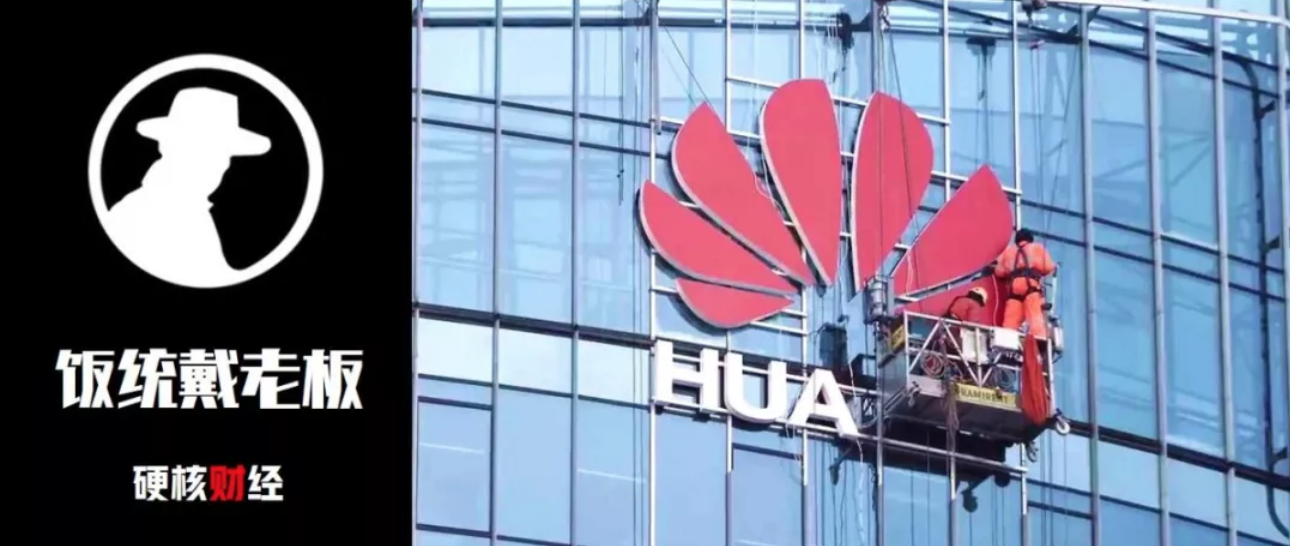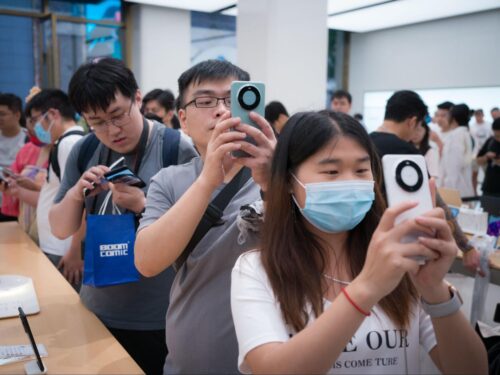China Business Corner: ‘There is no freedom on Douyin’

Welcome to the second entry of the China Business Corner, a weekly window into Chinese-language coverage of business, technology, and the broader economy, brought to you by co-writers Huang Sizhuo and Jordan Schneider (who also hosts the ChinaEconTalk podcast).
This column is still a work in progress, so please send feedback and interesting articles our way! You can find us on Twitter @Sizhuo1994 and @jordschneider1.
Sign up here to get this column in your inbox every Thursday!

Information cocoons spun from viral videos
There is no freedom on Douyin (TikTok)
抖音无自由
By independent columnists Xiè Mínghóng 谢明宏 and Lǐ Chūnhuī 李春晖
This article analyzes the rationale behind the popularity of a short video and music app, Douyin (its international version is called TikTok). This app was launched by ByteDance (maker of news app Jinri Toutiao), a Beijing-based information and technology company, just two years ago, but now it has about a half-billion monthly active users all over the world after it topped the iOS download charts for non-game apps for the first quarter of 2018.
Why is this app so unbelievably popular? The authors argue that the advanced algorithm of Douyin can continuously feed content to users according to their own interests. And this app has a convenient interaction design that allows users to stick to watching Douyin for a long time. Together with the videos provided by many internet celebrities, Douyin has attracted millions of faithful followers, about 80 percent of whom are people under 25. However, the authors argue that in this way, Douyin is negatively distracting people and trapping users into information cocoons.
Related readings:
- 抖音从何而来,又向何处去?Douyin, from where and to where
- 产品功能分析:抖音的版本迭代之路 Product analysis: How has Douyin developed?
- 抖音的双12:有人涨粉100万,有人流水2300万 Double twelve in Douyin: Someone won one million subscribers and 2.3 million overnight


The problems left unsolved in land management
Land doesn’t have to be state-owned: New opportunities for China’s urban development
土地不再”必须国有”,城镇化或迎来机遇
By Zǐ Mù 子木, a Chinese real estate analyst who has written extensively on government land and housing policies
This analysis is based on the latest draft regulation on the management of China’s land, which was announced by the National People’s Congress on December 23. The urban land in China is largely owned and managed by the state, but there is also a large amount of land owned individually by indigenous people and collectively by local villages. This distribution of ownership is often the most controversial issue during the process of urban development in China, when the government needs to merge new land from villagers to support city sprawl.
Zimu estimates that the available residential rural land accounts for nearly 37 percent of the current urban land. The author believes that this draft signals that the government encourages private companies and individuals to invest in urban development and the local economy by being allowed to directly trade with local owners. Additionally, he argues that this draft law has left two problems unsolved: first, when the supply of land in the market increases, the economy, which is greatly driven by the housing sector, will be seriously affected. Second, there are many illegally built apartments on rural land, a difficult problem for the government to quantify or regulate.
Related Readings:
- 楼市重磅:不再“必须国有”,集体土地直接入市!Doesn’t Have To Be State-owned: Collectively-owned Land Can Trade in the Market
- 非农用地不再“必须国有”!那么小产权房能转正吗?Illegal Apartments on Collectively-owned Land — Can they be Legitmized or Not?


Huawei’s help from IBM, and why Chinese people see it as an inspirational company
A Silent Ode
一曲无声的赞歌
Written by the anonymous “Boss Dai” — 戴老板 Dài lǎobǎn
Sick of Huawei yet? We at China Business Corner sure aren’t! This 10,000-word article shared over 100,000 times tells the story of just how important western business practices were key to Huawei’s development as a firm.
Certain elements of Huawei’s development were unmistakably Chinese. CEO Rén Zhèngfēi’s 任正非 speeches featured references to Maoist slogans like “go to the countryside,” and he utilized corporate culture strategies like encouraging self-criticism to dampen employee ambitions. Yet as Huawei hit a crisis point in 1998, Zhengfei decided he needed to drag his company into the modern world, and started to model his firm after western best practices, whatever the cost may be.
His first move was to reach an arrangement with IBM to have the firm send seventy consultants over to Huawei for five years at an enormous $500/hr for a total cost of 2 billion yuan ($291 million). When faced with resistance, Ren declared, “whoever resists change will have to leave Huawei!”
Over the subsequent years, Huawei modeled more and more of its business after western best practices. “Huawei’s product development system is designed by IBM’s help, the human resources system is designed by Hay Group, and the organizational structure is designed by Mercer Consulting. The sales system was designed by Accenture, and the supply chain system was designed by IBM…” and so on. Huawei ultimately “is a company that is very jealous of the United States, but it is also a company that has learned to grow up from the United States.”
Yet the article goes on to say that there are still aspects of Huawei that are typically Chinese, primarily the legions of talented yet affordable engineers.
The piece concludes:
Some people are wondering these days: Why do the people love, support and support Huawei so much? The reason is simple: ordinary people may not understand GSM, and they don’t know what IPD is, but they know that Huawei’s achievements are one of the best things in our nation, representing the hard work, sweat, and wisdom of the Chinese. If someone points to his nose and says, ‘You have developed to the present by theft,’ this is undoubtedly an insult to every one of us.
Huawei’s experience tells us that China massive ranks of engineers, under an advanced management system, can renew vitality. This vitality will wipe out all the paradoxes of ethnic, national, and cultural gaps, so that China’s industry can really compete with the best in the world. With 30 years of practice, Huawei has taken the lead on the issue of whether or not the Chinese are capable. This is a silent ode.
By generously treating the struggles of each individual and releasing their vitality with a scientific system, the Chinese will continue to create miracles. Just as the company develops in this way, so can the entire nation.






